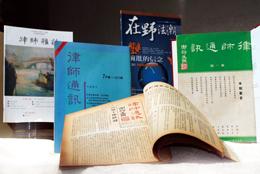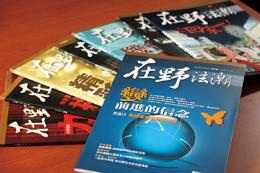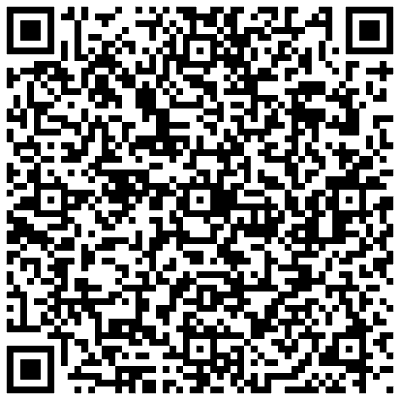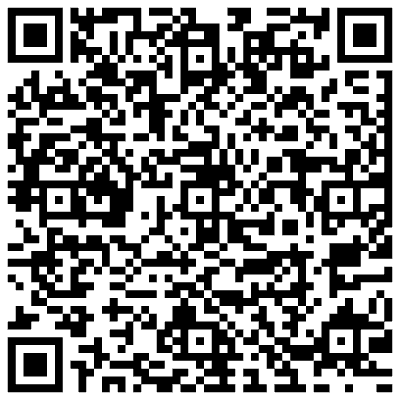In May 2011, during the election of directors and supervisors, Taipei Bar Association elected its first female President, and in December began offering childcare services for continuing legal education;
In January 2014, TBA piloted online continuing legal education on YouTube. To respond to changes in the practice environment resulting from the large number of candidates passing the bar examination, the general assembly approved an overall reduction in membership fees, with a special 50% discount for new members to reduce the burden on practitioners;
In 2016, the first "Family Day" event was held, courses were organized for law firm secretaries, and the "Law Firm Secretary Work Guide" was published, giving the Association a family atmosphere. In response to amendments to the Attorney Act, a draft version was proposed incorporating concepts such as "single membership, nationwide practice" and "organizational reform of the Taiwan Bar Association";
On January 1, 2017, the online continuing legal education platform "TBA Cloud" was completed and officially launched. To promote amendments to the Attorney Act, the 28th joint meeting of directors and supervisors resolved to withdraw from the Taiwan Bar Association, which was approved by majority vote of attending members at the general assembly on September 9. In November of the same year, the Taiwan Law Institute Preparatory Office was established to gradually achieve the goal of comprehensive training for Taiwan lawyers and enhancing their competitiveness;
In July 2018, the Association's second publication, the "Lawyer Law Journal," was published;
In 2019, the first "Taipei Bar Association Outstanding Pro Bono Lawyer" selection was held, with annual recognition of lawyers who have made outstanding contributions in the public interest field to encourage members to fulfill their social responsibilities. That same year, in cooperation with National Chengchi University's College of Law, a "Legal Practice" course was launched, marking a milestone in cooperation between the legal profession and academia. The "Taipei Bar Association Service APP" was also introduced, pioneering the integration of electronic lawyer certificates and personalized interactive functions. In response to lawyers being included in anti-money laundering regulations, templates for internal controls, risk assessments, and KYC forms were produced for members' use;
In 2020, the Association's publication "Dissent" was fully digitized online, promoting environmental protection and allowing readers to access and enjoy reading at any time. In response to the implementation of amendments to the Lawyers Act, the Association continued to monitor the progress of Taiwan Bar Association Articles of Association amendments to achieve the goal of freedom of practice for lawyers.
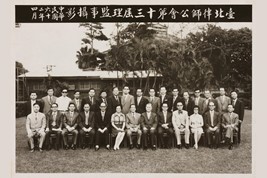

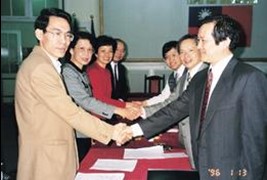
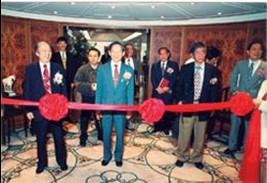
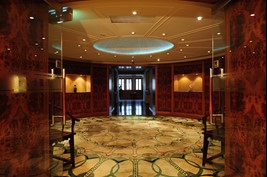
-1697705601)

